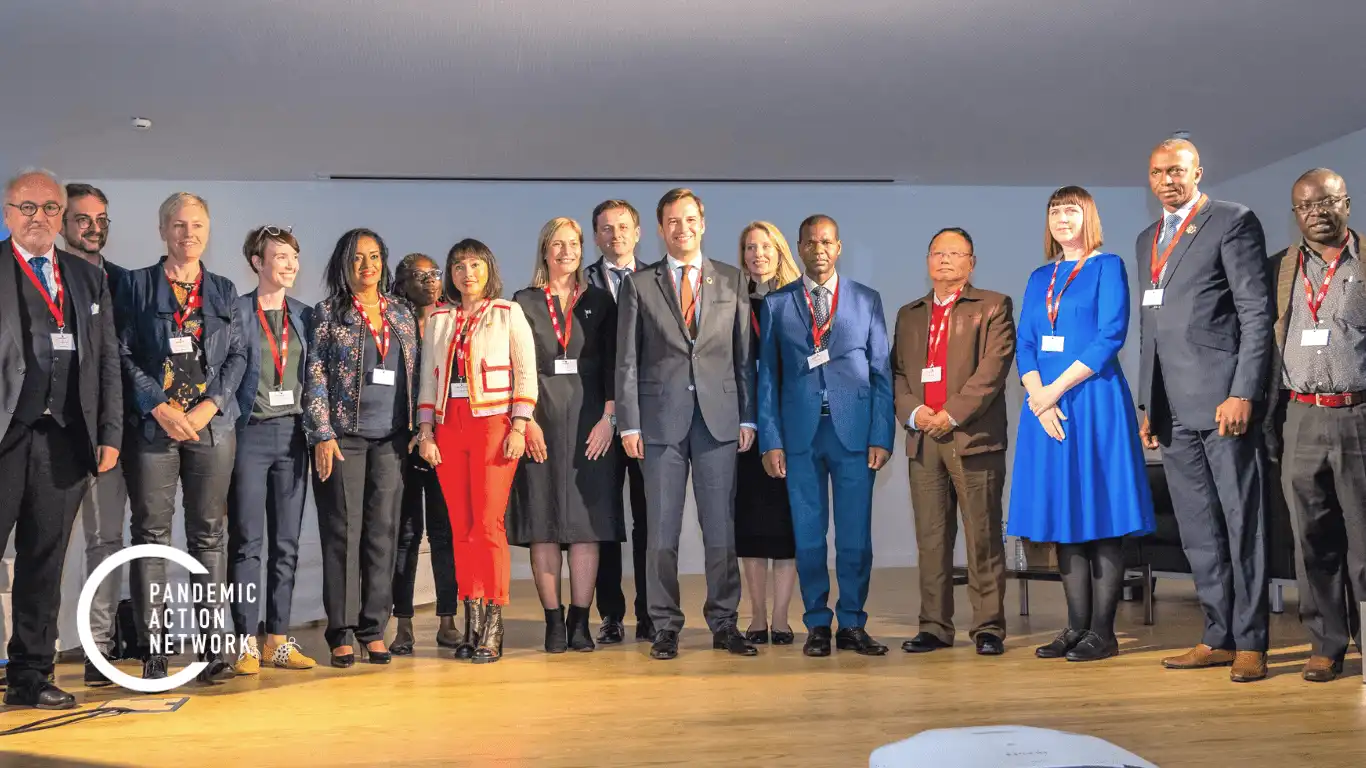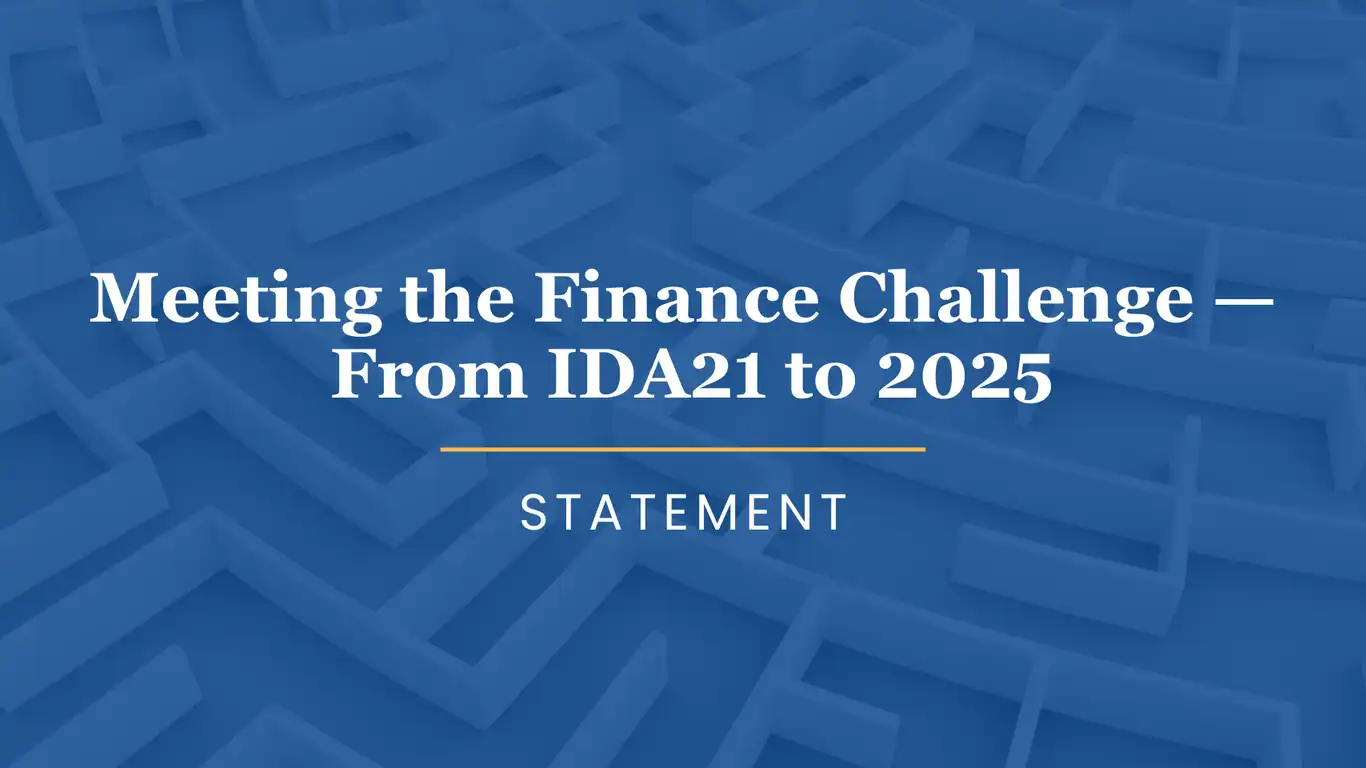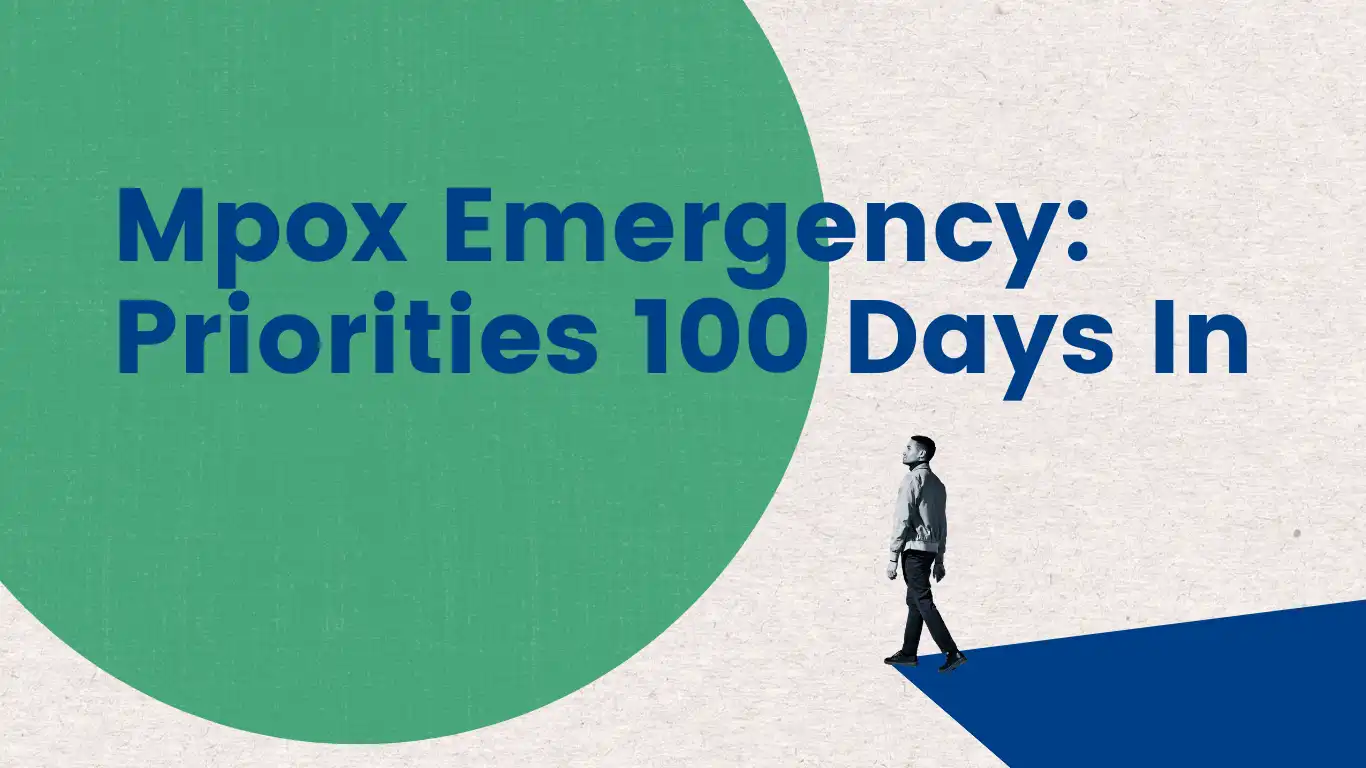By Amish Laxmidas
The current pandemic has shown us that we all need to be political. While we rely on our policymakers to effectively legislate on clinical and non-clinical COVID-19 response, to allocate smart budgets to stimulus packages for our much-damaged economies, and to use diplomacy to make the COVID-19 vaccine as a global public good, there is another pandemic in the making. And it will severely hit us all, if we don’t seize this moment to take action so that COVID-19 leaves a legacy to better prepare humanity to deal with outbreaks.
It has been a year since the WHO has declared SARS-CoV-2 as a Public Health Emergency of International Concern. Recently, we gathered policymakers and global health experts from around the world to grapple with lessons learned and the political commitments required to take action on COVID-19 while not losing sight of the Sustainable Development Goals in the midst and aftermath of the pandemic. With an eye on the next pandemic, the following key recommendations for policymakers emerged:
- Lead the discussion on the creation of national and global systems of alert that put in place a strong mechanism to alert national governments and international institutions of the possibility of an imminent global health threat. Lawmakers should be the frontline of a future pandemic rather than healthcare workers.
- Hold national governments accountable. 2020 will always be marked by the year in which science, multilateralism, and diplomacy have prevailed after all. However, vaccine nationalism and unilateralism are on the rise. The only stakeholder that has the power to hold national governments accountable for their international commitments are members of parliament, congresses, and senates. They are the ones who truly represent the most vulnerable communities, and therefore they have a duty to fulfill.
- Pandemic preparedness and response demand a global response. UNITE is a platform of dialogue and action in which donor countries and policymakers are united in a shared understanding that no one is safe until everyone is safe. Unless we fully fund COVAX and the Access to COVID-19 Tools Accelerator (ACT-A), policymakers from low- and-middle-income countries will continue to witness their constituencies suffering from the virus and consequently the global economy and supply chains for the high-income countries will continue to be broken.
- Invest now for the future. There is enough data for policymakers that shows that the cost of response exceeds the cost of preparedness. The Global Preparedness Monitoring Board is clear in saying that ‘expenditures for prevention and preparedness are measured in billions of dollars, the cost of a pandemic in trillions. It would take 500 years to spend as much on investing in preparedness as the world is losing due to COVID-19’. Further, the latest World Economic Outlook (January 2021) estimates that the global growth contraction for 2020 to be at -3.5 per cent. Countries like the United States or Germany are expected to grow slower than emerging economies in this year and the following.
- Democracy must be the most important determinant for health & well-being for all. The linkage between health and democracy is clear: regular, free, and fair democracies have higher legitimacy (and incentives) to provide resource allocation to their constituencies. On the other side of the spectrum, a recent piece from the British Medical Journal shows that ‘countries in which democracy is being eroded have made less progress on universal health coverage’. The economic downturn, the lack of funding for social welfare state mechanisms, and the rise of vaccine nationalism are key ingredients for the rise of misinformation, mistrust in multilateralism, and lack of confidence in policymakers. Political polarisation toward the current virus has allowed a narrative that leads to easy answers for difficult questions. Political cycles and democratic transition of power should be firm but also safe for its most important stakeholder: The People.
Over the last year, everyone has been impacted by COVID-19 in some way and the pandemic is everyone’s business now. But, for policymakers, in particular, it is time to turn lessons learned into actions. Policymakers who had never legislated during a pandemic had to turn to public health experts to know when to reopen schools, museums, restaurants or their borders. Global, national, and regional sovereignty is at stake because we did not act accordingly years ago. Now is the time for policymakers around the globe to prioritise long-term pandemic preparedness for the security and health of our countries. Fool me once, shame on you; fool me twice, shame on me.
About UNITE
UNITE is an independent, non-profit, global network of current and former parliamentarians. UNITE is committed to ensuring that no life is limited by infectious disease through unified political advocacy. Read the UNITE Global Summit Handbook for policymakers here.



